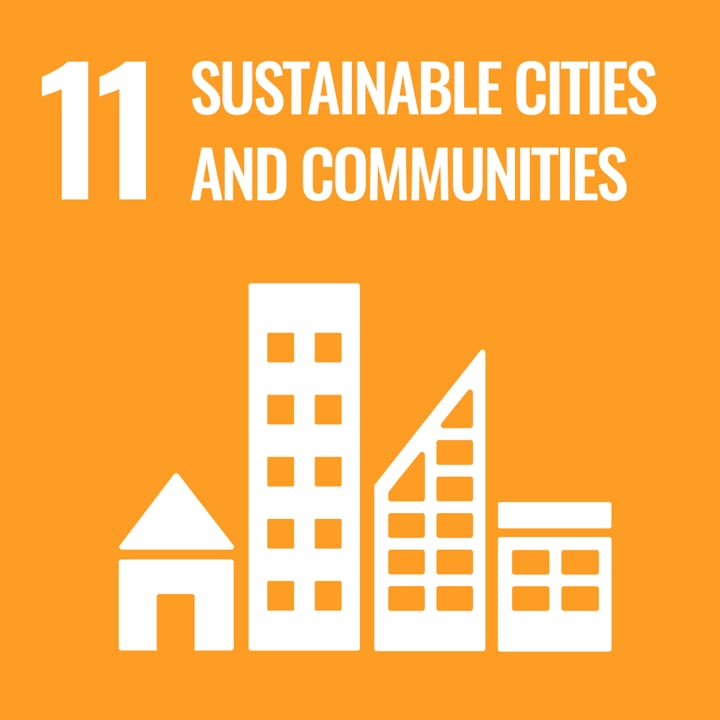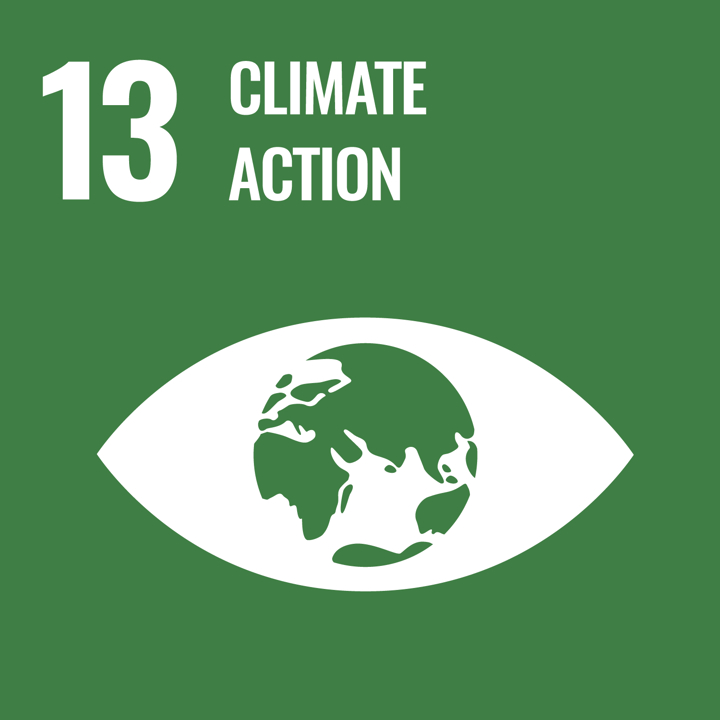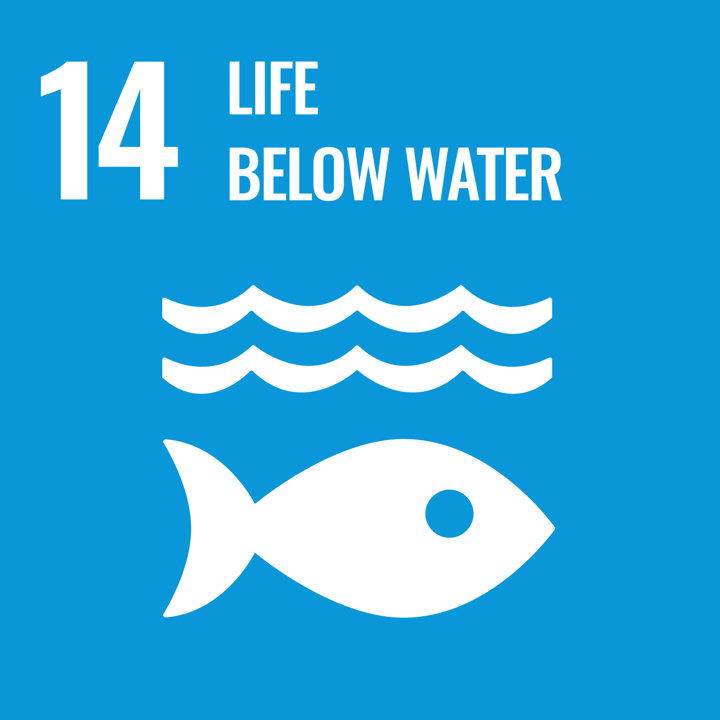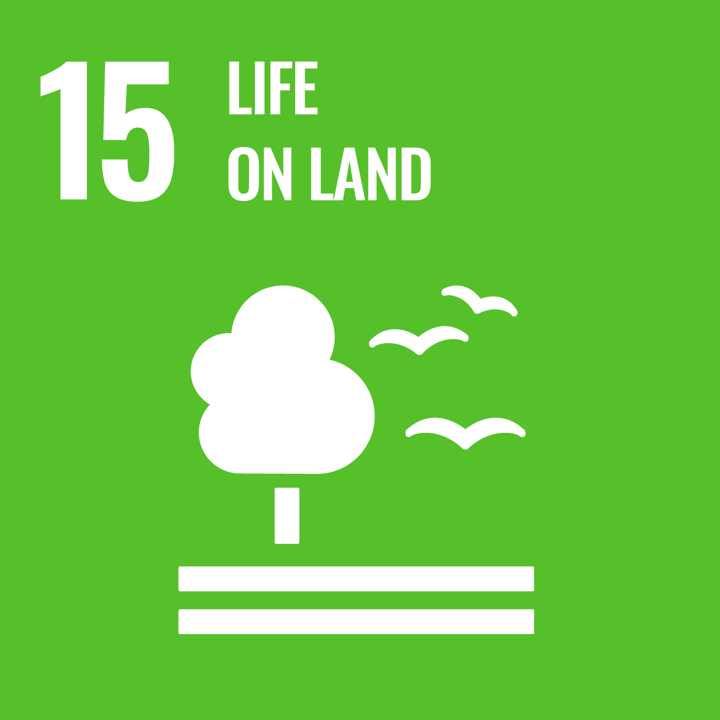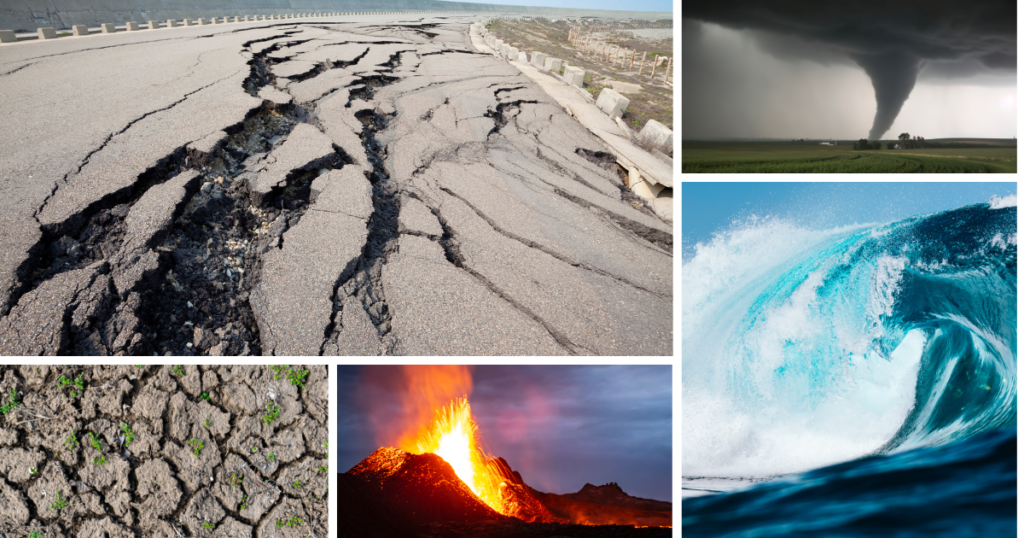
Intended End User: Teacher, Teacher Educator
Age Group: Upper Primary; Lower Secondary
School Curriculum: Science; Social & Environment Science
Themes and Topics: Environmental Change
Duration: 4-8 hours
Type of Resource: Game, Lesson Plans
Keywords: Environmental Sciences, Geography, Ecosystem, citizen protection
Languages: English, Greek, Portuguese
Description
Our beautiful planet is constantly under transformation. Sometimes, changes occur over a very long period of time and we barely note them. Some other times however, transformations are the result of massive and devastating events. In this activity we explore some of Earth’s most intense and overwhelming events; volcanic eruptions, earthquakes and tsunamis. We will reflect on the impact of these natural phenomena on humans and their societies. You will also be challenged to design a citizens’ alert programme in order to raise awareness in the local community and help your municipality in preparing citizens for such events. In this activity students engage in a inquiry-based activity which will allow them to explore natural phenomena. They study the nature of these phenomena and understand the mechanisms that cause them. The activity is designed so that students will develop fundamental skills such as problem solving, critical thinking, communication, creativity and collaboration. Finally, students are invited to become active citizens and propose a citizen’s alert programme for the protection of the local community.
How to use this resource
Preparation:
- Familiarize Yourself with the Content: Review the activity materials to understand the scope and objectives.
- Gather Necessary Materials: Ensure you have access to any required resources, such as internet access for online research, materials for presentations, and tools for creating alert programs.
Implementation:
- Introduction: Begin by discussing Earth’s dynamic nature and the various natural phenomena that can cause significant changes.
- Exploration: Guide students through the study of volcanic eruptions, earthquakes, and tsunamis, focusing on their causes and effects.
- Reflection: Encourage students to reflect on the impact of these natural events on human societies and consider historical examples.
- Project Development: Challenge students to design a citizen’s alert program tailored to their local community, promoting awareness and preparedness for such events.
Skills Development:
- Problem-Solving: Engage students in identifying potential challenges in alerting the community and developing effective solutions.
- Critical Thinking: Prompt students to analyze the effectiveness of existing alert systems and consider improvements.
- Communication: Facilitate opportunities for students to present their findings and proposed alert programs to peers and possibly local authorities.
- Creativity and Collaboration: Encourage group work where students can brainstorm innovative ideas and collaborate on project development.
Community Engagement:
Active Citizenship: Motivate students to implement their alert programs within the local community, fostering a sense of responsibility and civic engagement.
Learning Outcomes
- Elicit prior knowledge and further develop knowledge and comprehension of key Sustainability Citizenship key concepts, challenging established worldviews and values.
- Reflect on practice and examine national curricula to identify opportunities to promote Sustainability Citizenship in interdisciplinary ways and engage with external stakeholders.
- Collaboratively synthesise the knowledge, tools and frameworks to create educational materials and lessons plans adapted to their own local context
Green Competencies
- Embodying Sustainable Values: Valuing Sustainability
- Embracing Complexity in Sustainability: Systems Thinking
- Envisioning Sustainable Futures: Adaptability; Exploratory Thinking
Creative Commons

“Restless Earth” by NUCLIO is licensed under a Creative Commons Attribution-NonCommercial-ShareAlike 4.0 International Licence.Restless Earth
SDGs

